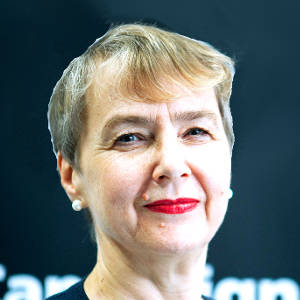In November 1918, the world’s first global, industrialised war was drawing to a close. Families, communities and entire peoples were counting the terrible cost of four years of utter barbarism: nine million combatants were killed, in the most appalling conditions, fighting over inches of land, living amongst corpses, suffering appalling wounds, trauma and mutilation. The suffering was not confined to the military – seven million civilians died as a direct result of the war and countless times more as a result of post-war genocides and influenza.
The young men that had happily gone to fight, fed the myths of patriotism and heroism, of a glorious cause, failed to return or came back broken, to towns and villages decimated by the casualties and blighted by sadness and inconsolable loss.
It was described at the time, as ‘the war to end all wars’; that humanity having fallen into the abyss, would learn and would prevent any more such tragedies. The courage and wisdom of the pacifists and conscientious objectors should have prevailed, and of those who fought to prevent the war – that working men should not become cannon fodder in someone else’s war, but should embrace each other as brothers, irrespective of borders, and together build a better world.
Those lessons were not learnt, countless millions more have died in war since then, and our own world today – already suffering many ‘conventional’ wars and the crimes, brutality and displacement that they bring – faces the increasing danger of nuclear war. Let us make no mistake. All war is terrible, every single death is a tragedy. Nuclear war would bring that on an unimaginable scale, and it would be irrecoverable from. Where our leaders trash treaties that reduce the risk of obliteration, make plans for new generations of ‘usable’ nukes, or speak glibly of ‘pressing the nuclear button’ our role is to present an alternative to hatred, to war and destruction.
As we pay tribute to the memory of all those lost in war, while our hearts may break with sadness for what humanity has done, let us also recommit to ending war, to abolishing nuclear weapons, and to celebrating life, the marvellous achievements that human endeavour can achieve, and to building a better world.
